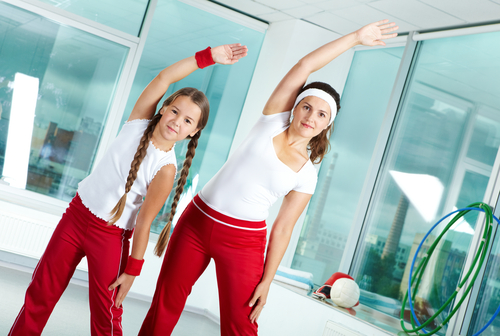Did you know that Usain Bolt is currently the fastest sprinter in the world? He ran 100 metres in a record 9.58 seconds!

In order to do this, Usain Bolt’s muscles need to respire super quick. He needs all that energy to sprint so fast. But his body can’t keep up with these demands - it can’t respire fast enough. This is where anaerobic respiration steps in.

Anaerobic respiration is where glucose breaks down but without oxygen. Energy is released, but not as much as in aerobic respiration. Lactic acid is produced instead of carbon dioxide and water. Lactic acid can cause painful cramps - something we feel in our muscles that stops us from carrying on. To get rid of the lactic acid, the person must breathe in deeply in order to get a good supply of oxygen. You have to keep breathing hard for a while after you stop exercising to get oxygen into your muscles. This will convert the painful lactic acid which has built up, to harmless carbon dioxide and water. The amount of oxygen needed to do this is called the oxygen debt.
Anaerobic respiration can be represented by the word and symbol equation:
glucose → lactic acid
C6H1206 → 2C3H6O3
The reactant in anaerobic respiration is glucose. The product is lactic acid. A small amount of energy is also released.
Anaerobic respiration occurs in the cytoplasm of the cell rather than the mitochondria, as in aerobic respiration.
In the following activity, you will describe the process and uses of anaerobic respiration.








